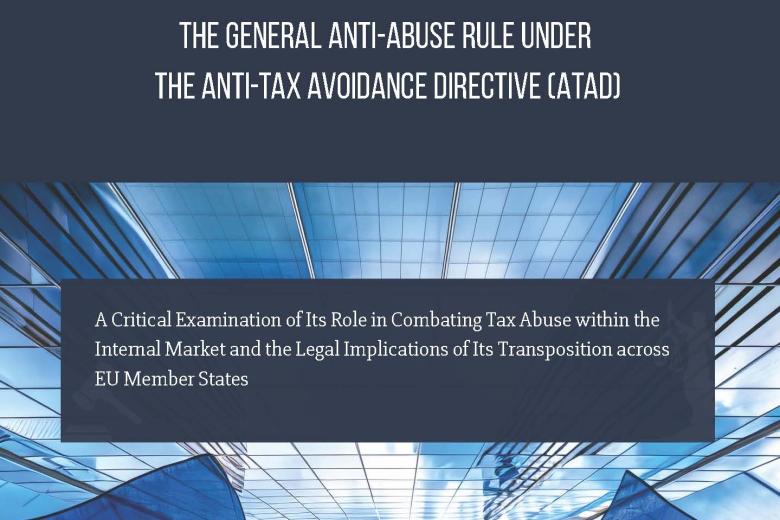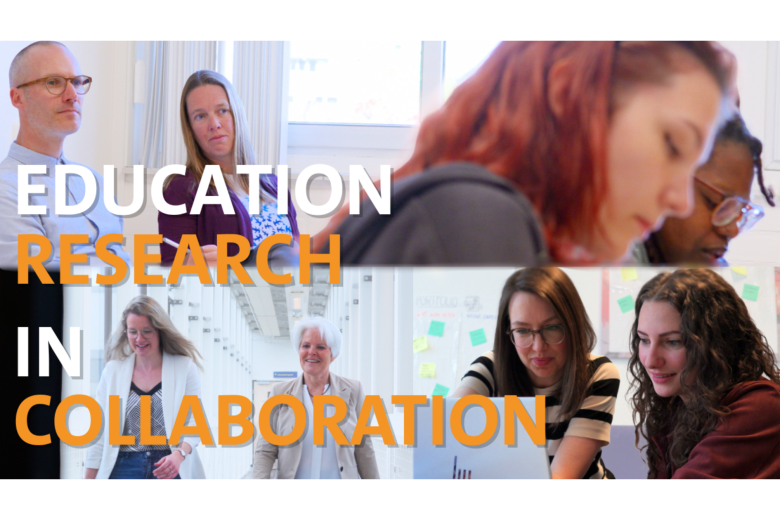Two FASoS researchers awarded NWO XS grants
Yf Reykers and Clara Weinhardt have both been awarded NWO XS grants for their individual projects. The NWO XS grants are worth a maximum of €50,000 and enable proposals for curiosity-driven, innovative research.
Yf’s research, titled ‘EU-FAST: How fast does the European Union react to crises?’, evaluates the EU’s performance as a rapid crisis responder. Clara’s project, titled ‘The geo-economic turn in world politics: how regions beyond the West respond to great power rivalry’, examines how nations outside the traditional Western power centres navigate the influence and competition of major global powers. Read more about the respective projects below.
EU-FAST: How fast does the European Union react to crises?
In September 2024, the UN hosted the Summit of the Future, which brought together world leaders to discuss how to reinvigorate multilateralism and address global threats more effectively. This research project seeks to provide insights to improve the speed and effectiveness of multilateral cooperation. It develops a dataset that measures how quickly international organizations such as the European Union (EU) respond to crises in areas like security, health, and disaster relief. By analysing the EU's crisis response times since 1993 specifically, this pilot study lays the foundation for a broader comparison of crisis management performance across different international organizations.
The geo-economic turn in world politics: how regions beyond the West respond to great power rivalry
For decades, states have pursued greater global economic integration. However, Russia’s war in Ukraine and rising US-China tensions have shifted this dynamic. Major powers increasingly view economic relations through a security lens and adopt protectionist measures. Yet, we know little about how the rest of the world is responding to this geo-economic turn. This pilot study addresses the Western-centric bias in the existing literature by mapping positions on the turn in Southeast Asia and East Africa. Including perspectives from other regions is essential to understanding the transformation of the global economy and assessing the risks of rising protectionism.
Also read
-
The General Anti-Abuse Rule under the Anti- Tax Avoidance Directive (ATAD): A Critical Examination of Its Role in Combating Tax Abuse within the Internal Market and the Legal Implications of Its Transposition across EU Member States
PhD thesis by Stefano Balestieri

-
Intelligence Augmentation: a technological revolution and paradoxical blessing
Is AI really intelligent, or simply a tool that helps us think differently? If facts are instantly available, do universities need to rethink what skills matter most for tomorrow’s society? Prof. Hans Savelberg argues that the idea of Intelligence Augmentation, a term that takes AI off "its divine...

-
New video series: Education research in collaboration
EDLAB has released a new three-part video series, Education research in collaboration, highlighting how researchers and teaching staff work together to strengthen education through evidence-based innovation.
